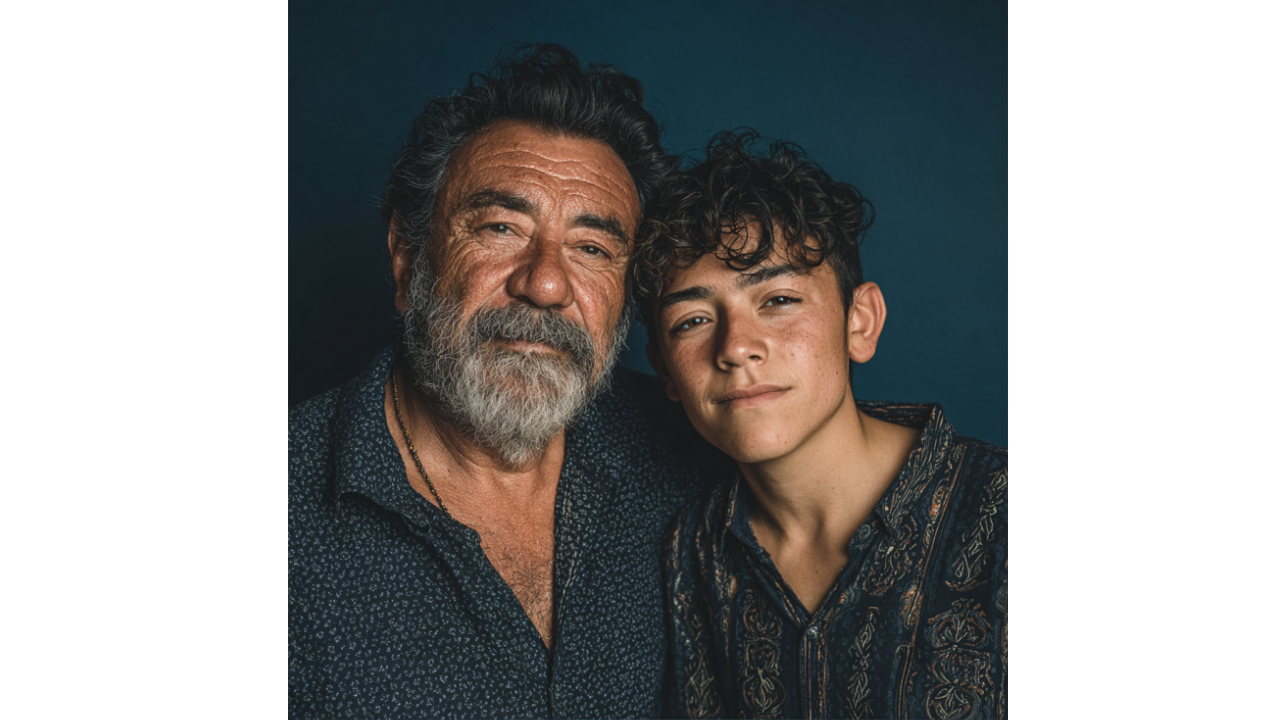Autistic Immigrant Consumer Behavior: Cultural Navigation and Brand Trust
Marketing research has a blind spot.
3 min read
 Neurodivergence Writing Team
:
Oct 21, 2024 9:25:10 PM
Neurodivergence Writing Team
:
Oct 21, 2024 9:25:10 PM

For autistic individuals, special interests—also known as intense passions or deep focuses on specific topics—are a common and celebrated part of neurodiversity. These interests can be deeply personal, providing not only a source of joy and learning but also structure and comfort. Understanding and leveraging special interests in a thoughtful and authentic way can help brands create targeted marketing strategies that resonate with autistic consumers, leading to more meaningful engagement and brand loyalty.
This article explores how special interests shape the buying behaviors of autistic consumers and how brands can use this knowledge to create respectful, inclusive, and effective marketing strategies.
Special interests are defined as intense, focused interests in specific subjects or activities that can occupy much of an autistic person’s time, energy, and conversation. These interests can range from topics like trains, animals, and technology to highly specific subjects such as a particular book series, historical periods, or even niche hobbies. Special interests often evolve over time and serve as an anchor for many autistic people, providing structure, comfort, and a way to connect with the world.
For marketers, understanding the importance of special interests to autistic consumers opens up new ways to connect with this audience, allowing for more personalized and meaningful interactions.
Unlike neurotypical consumers, who might have more general interests or preferences, many autistic individuals engage with their special interests on a deep, sustained level. This engagement often translates into highly informed purchasing behaviors, as autistic consumers are likely to seek out products or services that align with their special interests. For brands, this creates opportunities for targeted marketing that speaks directly to these interests in a way that feels authentic and respectful.
Special interests are a great way to connect.
Marketing that aligns with an autistic individual’s special interest needs to be highly specific. Mass-market campaigns that use broad strokes are unlikely to resonate. Instead, brands should focus on creating personalized content that caters to the specific interests of this audience.
Autistic consumers often prefer content that provides depth and detail rather than superficial, broad-brush messaging. They value accuracy and in-depth information on topics of interest. Brands that offer long-form content, such as detailed blog posts, explainer videos, or interactive webinars, are more likely to engage this audience effectively.
Autistic individuals often seek communities of like-minded individuals who share their special interests. Brands that foster community spaces—whether through online forums, social media groups, or events—can build strong relationships with neurodiverse consumers by providing platforms where they can connect with others around their shared passions.
Autistic consumers often value authenticity and honesty in marketing. Given the level of expertise they may have in their special interests, they are likely to recognize when a brand is being disingenuous or inauthentic. Brands should strive for transparency in their messaging, ensuring that they offer real value and true alignment with the interests they are addressing.
Brands that are serious about targeting autistic consumers must consider inclusive product design that reflects the needs and preferences of neurodiverse individuals. For example, products designed with sensory sensitivities in mind, clear instructions, and low visual clutter can be more appealing to autistic consumers.
To build neurodiversity-affirming, special interest-targeted marketing, brands should follow these guiding principles:
Research and Listen: Brands should actively seek input from neurodiverse individuals to understand their preferences, experiences, and special interests.
Avoid Stereotyping: Not all autistic individuals have the same interests or experiences. Treating autistic consumers as a monolith will lead to alienation. Instead, marketing should focus on personalized approaches that respect individual uniqueness.
Engage with Neurodiverse Creators: Collaborating with autistic influencers, advocates, and content creators can help brands better understand the needs of neurodiverse audiences. These creators can offer authentic insights and help build trust within the community.
Special interests play a pivotal role in the lives of autistic individuals, offering brands an opportunity to develop targeted, meaningful marketing that speaks directly to these passions. By going beyond token representation and embracing detailed, authentic, and personalized approaches, brands can foster deep connections with neurodiverse consumers. Whether through niche content, community engagement, or transparent communication, brands that genuinely address the special interests of autistic individuals will build stronger relationships and more lasting loyalty within this community.

Marketing research has a blind spot.
.png)
marketing departments are increasingly recognizing that neurodivergent professionals bring unique perspectives and exceptional skills that can drive...

The marketing industry, with its diverse range of roles and responsibilities, offers numerous opportunities for autistic individuals to showcase...